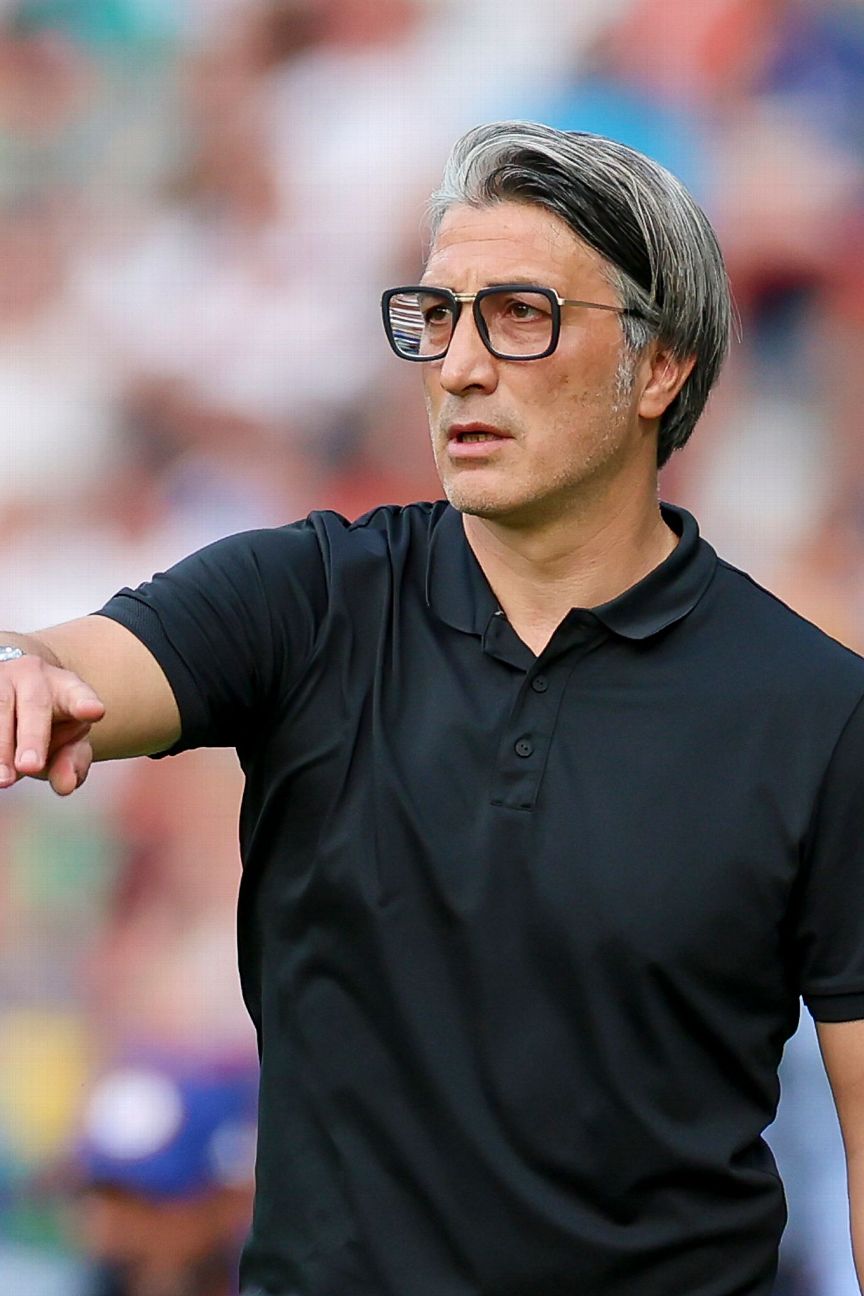Euro 2024 is down to the final eight teams, but what do you need to know about the men who have led their teams to the quarterfinals?
We asked ESPN FC’s writers at the tournament for their thoughts on the remaining managers’ style of play, who their influences are, as well as their strengths and weaknesses.
JULIAN NAGELSMANN – GERMANY
Nagelsmann has enjoyed a remarkable rise to become one of the game’s most high-profile coaches at such a young age. By the age of 35, he had already coached Bayern Munich and taken charge of the Germany national team, and done so without having made a single competitive appearance as a player.
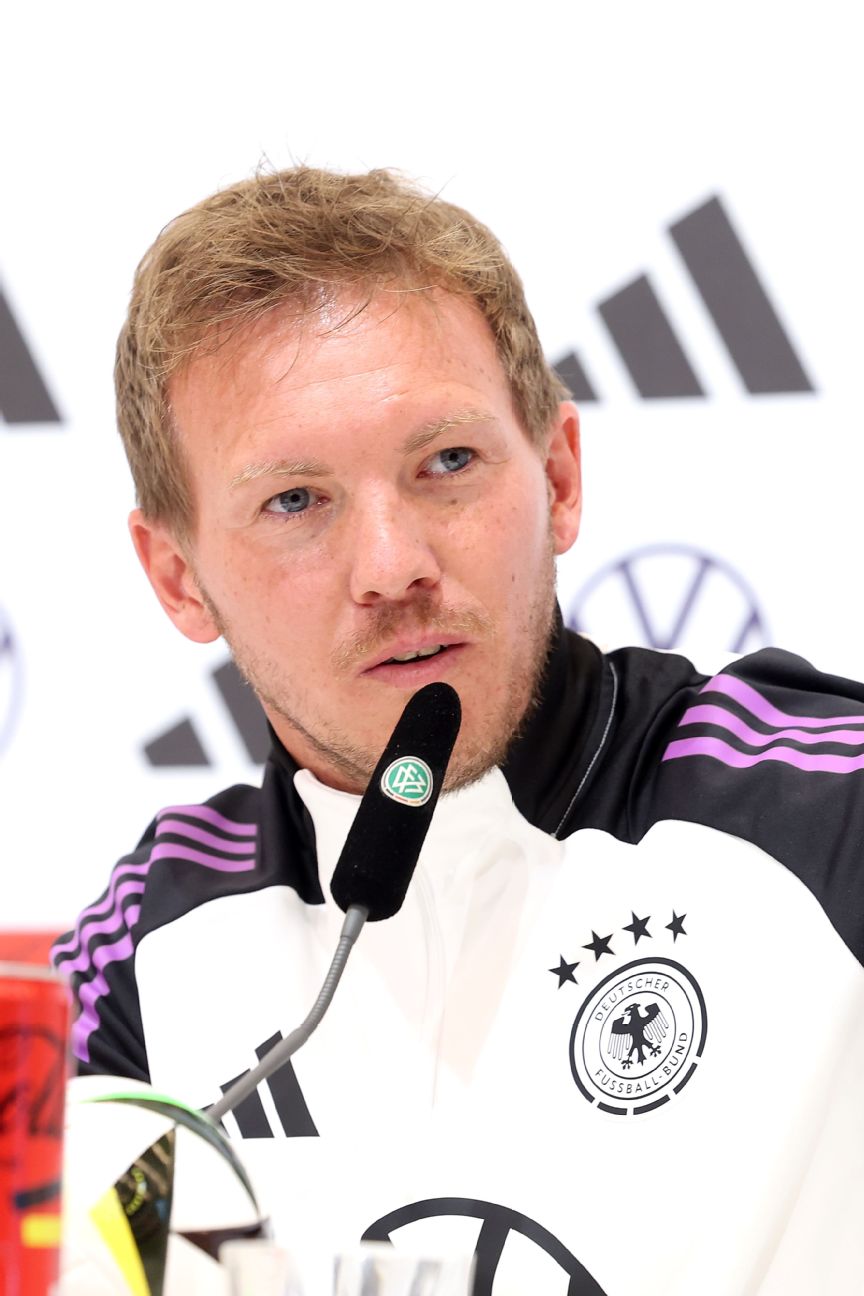
A promising centre-back, Nagelsmann retired at just 20 years old because of a serious knee injury suffered while a youngster under the guidance of Thomas Tuchel at FC Augsburg. Tuchel, the former Paris Saint-Germain, Chelsea and Bayern Munich coach, mentored Nagelsmann at the time, handing him scouting duties and setting him on the path toward gaining his coaching qualifications at the same age as studying sports science and business administration at university.
After rising through the coaching ranks at TSG Hoffenheim, where he started out as youth academy coach in 2010 at the age of 23, Nagelsmann became head coach in 2015 having been nicknamed “Mini Mourinho” by goalkeeping coach Tim Wiese.
Nagelsmann enjoyed incredible success at Hoffenheim, guiding the team into the UEFA Champions League before leaving for RB Leipzig, where his trajectory continued to move upward with further Champions League qualification. Having asserted himself as the most sought-after young coach in Germany, Nagelsmann then moved to Bayern in 2021, but lasted less than two seasons at the Allianz Arena before leaving amid claims of senior players losing faith in his methods.
Nagelsmann has cited Jürgen Klopp, Pep Guardiola and Ralf Rangnick as tactical influences for his high-pressing style, but he is also a perfectionist and has used big screens at training grounds to correct player positioning.
He is also prepared to make big calls, drop big names — Mats Hummel was omitted from Germany’s Euro 2024 squad while Florian Wirtz was dropped for the round-of-16 tie against Denmark.
Nagelsmann is bold, audacious, at times over-confident, but his track record is one of the best around. — Mark Ogden
![]()
LUIS DE LA FUENTE – SPAIN
There was a lack of excitement when de la Fuente replaced Luis Enrique after the 2022 World Cup, but he is quickly winning people over. A tough-tackling full-back as a player, he worked his way through the ranks within Spain’s national team, starting with the under-19s in 2013, then moving on to the U21s and U23s before landing the top job.
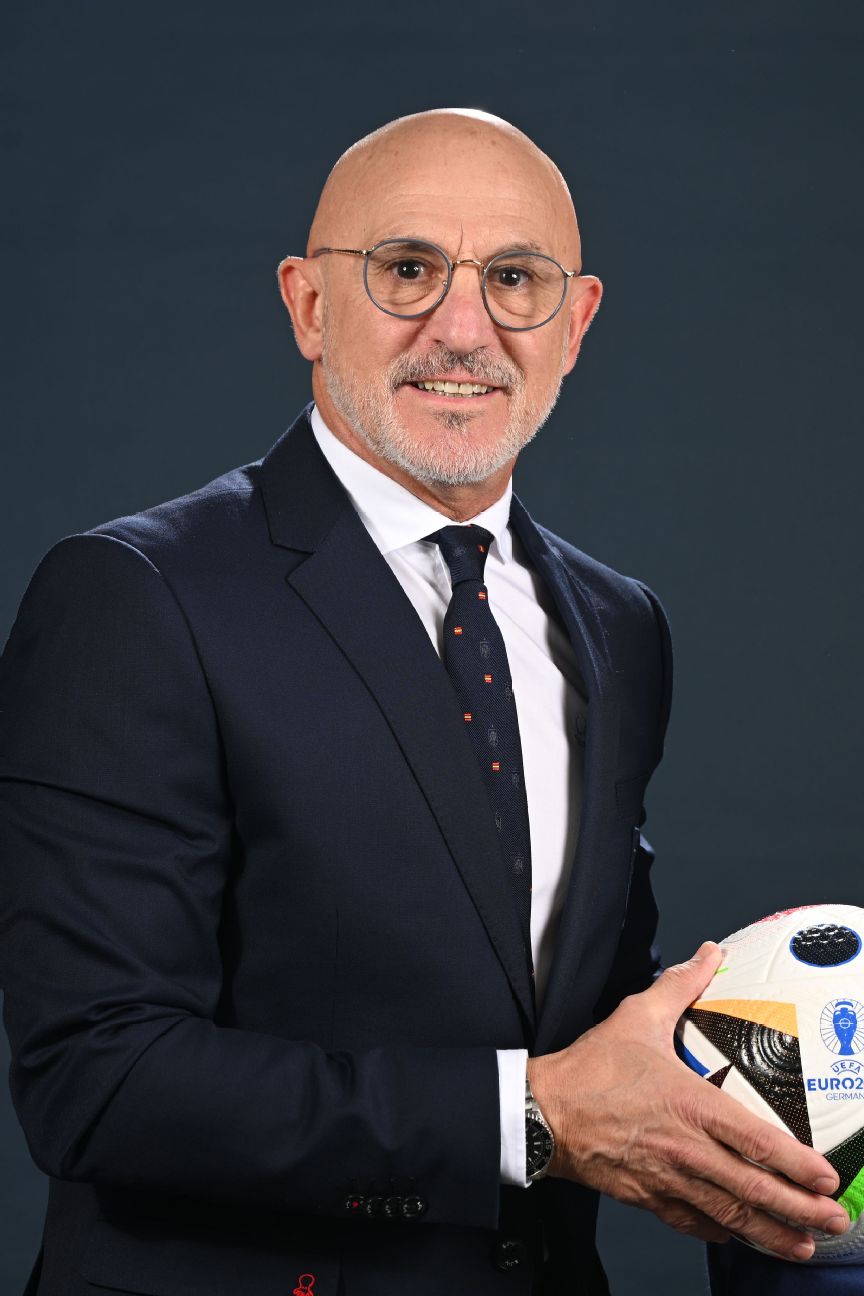
He led Spain to the UEFA Nations League title last summer and won the European Championship with the U19s (2015) and U21s (2019), as well as a silver medal with the U23s at the Olympic Games (2020). Throughout that time, the 63-year-old has embraced the attacking and passing methodology which has brought La Roja so much success at various levels of the game, all set up in a 4-3-3 formation.
However, at Euro 2024 he has also shown that he is able to incorporate other characteristics to a style many previously considered too possession-heavy. With the addition of wingers Nico Williams and Lamine Yamal, de la Fuente has made Spain more unpredictable. His in-tournament experience and long-standing relationships with some of the players are also coming to the fore in Germany, as Unai Simón, Rodri, Pedri, Marc Cucurella and Dani Olmo are among a handful involved in the senior squad who worked with him at youth level.
“There’s no team better than us at the tournament,” de la Fuente says of his team, who have won all four of their games at Euro 2024. And he may be right — Sam Marsden.
![]()
DIDIER DESCHAMPS – FRANCE
Deschamps said it himself after France’s 1-0 win against Austria in their opening game of the tournament: “Our DNA is our collective strength and our solidity.” He is a master at building resilient, defensively strong and well-structured teams, which is how he won the 2018 World Cup as a manager and how he got to three of the past four finals of major tournaments (2016, 2018, 2022.)
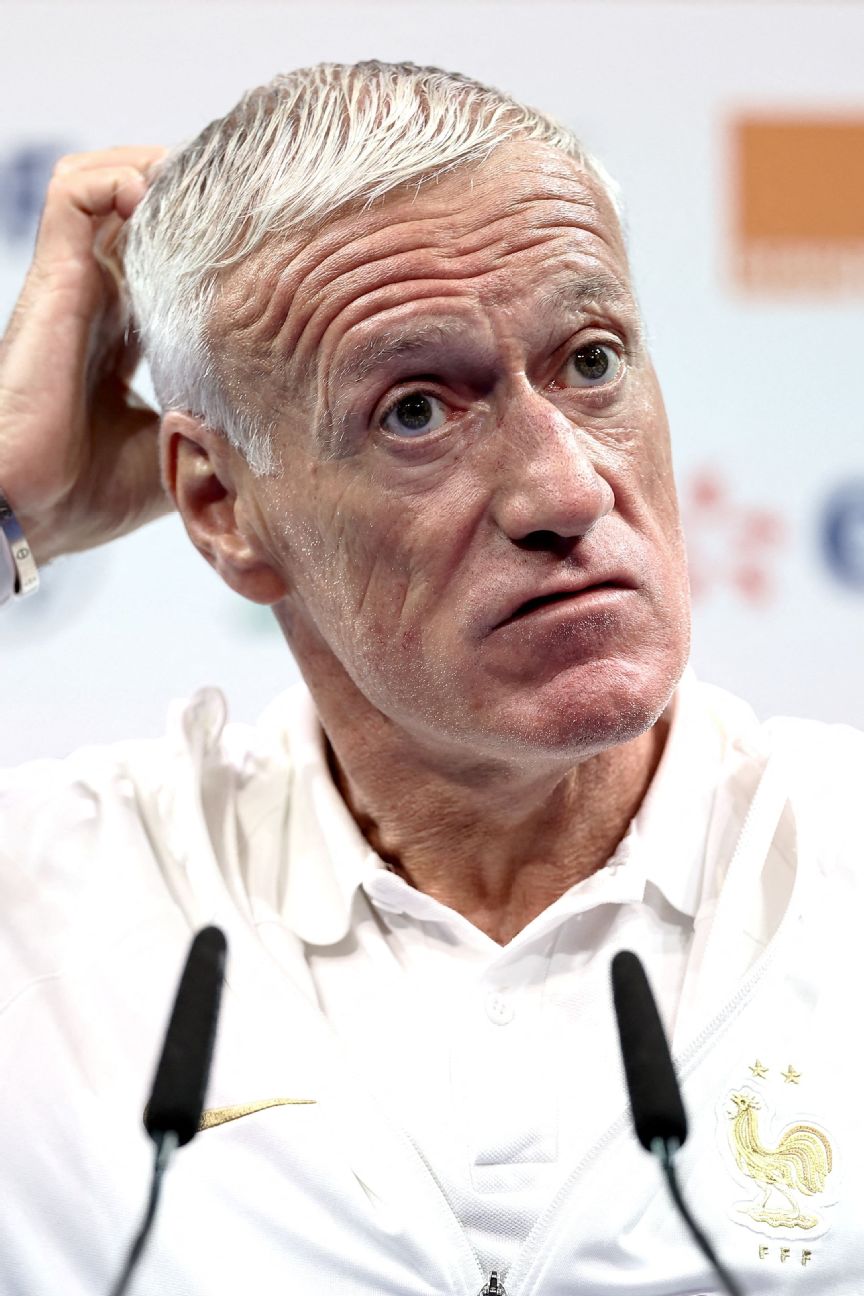
Deschamps’ football education came from his time in Italy at Juventus as a player and manager, while he was also inspired by Aimé Jacquet, his head coach for France’s 1998 World Cup success, who based everything on a strong defence. The defensive midfielder represents the “let’s be solid first and then let our special players make the difference with the ball later” school of thought.
“You win trophies because you have the best defence,” he told the media before flying to Euro 2024. France will never play sexy attacking football under him, despite the talent he has at his disposal, but the team will always be extremely hard to play against and will always find a way to win.
He is a great man-manager who values chemistry and team spirit among his players. The only weakness in his philosophy is that a pragmatic approach might not be enough in certain games. But as Deschamps says: “My style wins. The day I will stop winning, then we will talk.” — Julien Laurens.
1:34
Ogden: France’s stars won’t be enjoying style of play at Euro 2024
Mark Ogden reacts to France’s 1-0 win over Belgium in the round of 16 at Euro 2024.
![]()
ROBERTO MARTINEZ – PORTUGAL
After a modest playing career as a midfielder that started at Zaragoza and included stops in England’s lower divisions with Wigan Athletic and Swansea, Martinez has made his name as a front-foot, tactically flexible coach.
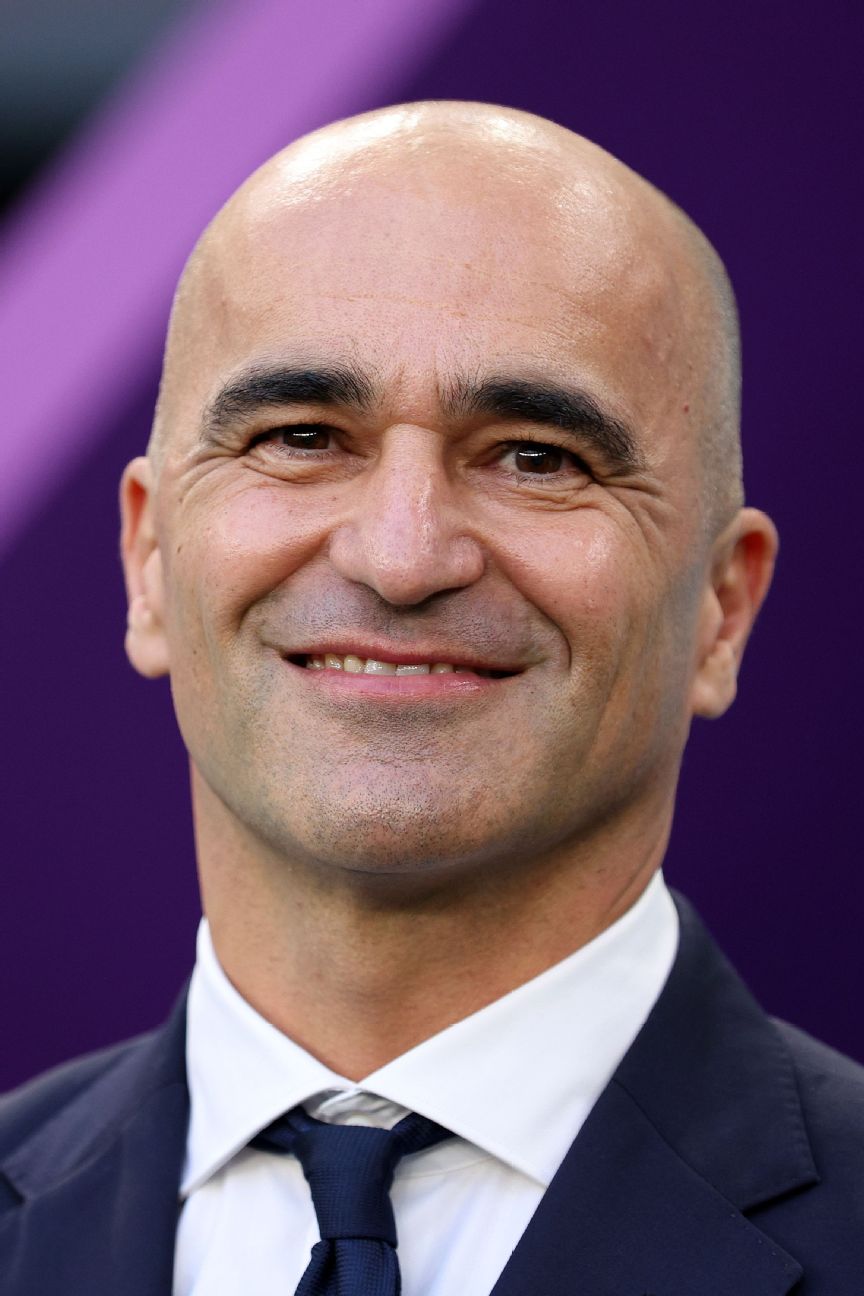
The most impressive achievement on his CV as a club manager is his masterminding of Wigan’s victory over Manchester City in the 2013 FA Cup final. After entering international management with Belgium in 2016, he led their “golden generation” to the semifinals of the World Cup in 2018.
He was a surprise choice as Portugal boss in January 2023, but any doubts were calmed during an almost flawless Euro 2024 qualifying campaign. He has won plaudits, in particular, for getting the best out of Bruno Fernandes and Bernardo Silva in a way predecessor, Fernando Santos, often struggled to do.
Martinez experimented with a back five during qualifying, but settled on variations of 4-3-3 ahead of the tournament in Germany. Full-backs João Cancelo and Nuno Mendes are encouraged to get forward with one of the themes of how Portugal have played at the Euros being the number of crosses aimed at centre-forward Cristiano Ronaldo. The 39-year-old’s international career looked all but over after the Qatar World Cup, but he has reestablished himself as the main man under Martinez and much of the way Portugal play is designed to suit his abilities as a penalty box predator. — Rob Dawson
![]()
GARETH SOUTHGATE – ENGLAND
Southgate will take charge of his 100th match as England boss in Saturday’s quarterfinal against Switzerland. In reaching that landmark milestone, the 53-year-old oversaw victory against Slovakia to win his seventh tournament knockout game — a higher number than every other England manager since 1966 combined.
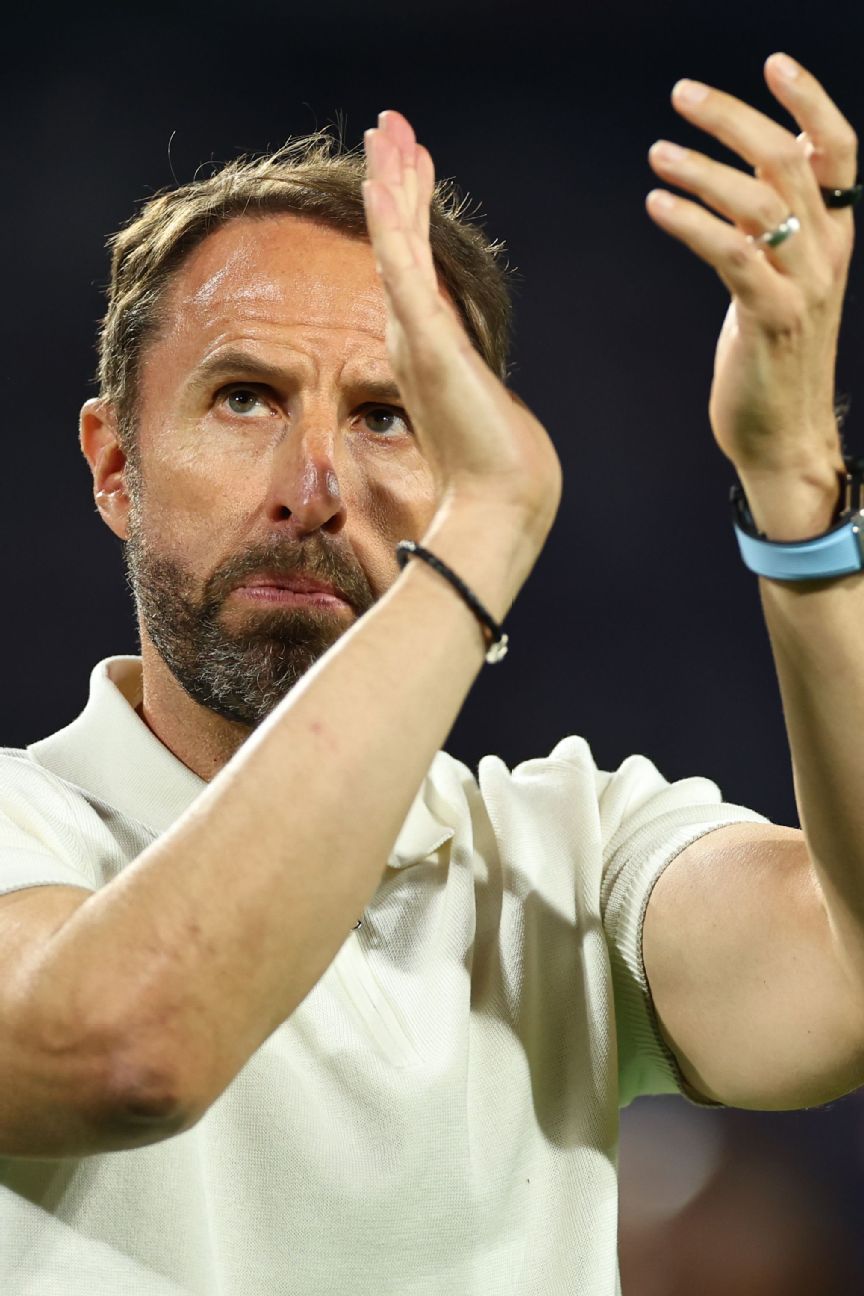
Southgate has always had an acute understanding of the gulf between what England think they should be capable of on the international stage and what they have historically produced, informed by 57 caps as a player and the personal nadir of missing a penalty in their Euro ’96 semifinal shootout defeat to Germany at Wembley.
The former central defender redefined the country’s relationship with the national team for a generation, making it an opportunity to seize rather than a burden to carry. Players wanted to play again; the fans reconnected with the team. Southgate drew on the management style of Terry Venables, England’s manager at Euro ’96, to change the culture profoundly.
A cautious, nurtured pragmatism permeated Southgate’s playing style, and it was appropriate for a young group with limited talent. But at Euro 2024, there is a growing argument that this group of players needs something more.
England boast a stunning array of attacking options, but their football in reaching this point has been desperately disjointed, much less than the sum of their parts. Fans have booed Southgate for failing to facilitate this cohesion. They are still alive, still fighting and it could all suddenly click. But if it doesn’t, Southgate will be viewed as the problem rather than the solution despite his longevity. — James Olley
1:12
‘We can beat England!’ – Switzerland manager confident ahead of quarterfinal
Murat Yakin speaks ahead of Switzerland’s Euro 2024 quarterfinal against England.
![]()
Yakin was a strong, athletic centre-back with an eye for goal who starred for both Basel and Roy Hodgson’s Switzerland team. That combination of athleticism and defensive quality has been a hallmark of his coaching style, although it hasn’t always worked in the way he would have liked.
Switzerland won just one of their final seven qualifying games for Euro 2024 (and that was against Andorra) and at one point, following a 3-3 home draw with Belarus, it looked as if he might be sacked.
Yakin’s base setup at Euro 2024 is a 3-4-2-1 which seems designed to minimize individual flaws. His left-sided central defender, Ricardo Rodríguez, is really a full-back who has to play inside because of lack of pace (and age), so he yo-yos between the middle and the left flank in and out of possession. His right wing-back is Silvan Widmer, except when he was suspended — against Italy — he wasn’t replaced by another defender, but rather by Dan Ndoye, who is a forward by trade, largely because of his speed and work rate.
Yakin can count on a tremendous goalkeeper (Yann Sommer), solid centre-backs (Manuel Akanji and Fabian Schär) and a midfield duo (Remo Freuler and Granit Xhaka) who seemingly cover every blade of grass. That’s his tactical base. The rest is mostly speed and athleticism, with a ton of discipline. And it has worked a treat thus far. — Gab Marcotti
![]()
Koeman returned for a second spell as Netherlands coach in 2023, but this is the first time he has led his nation at a major tournament. His first stint in charge was cut short when the opportunity to manage his former club, Barcelona, arose in 2020, but he returned as Louis van Gaal’s replacement after the 2022 World Cup.
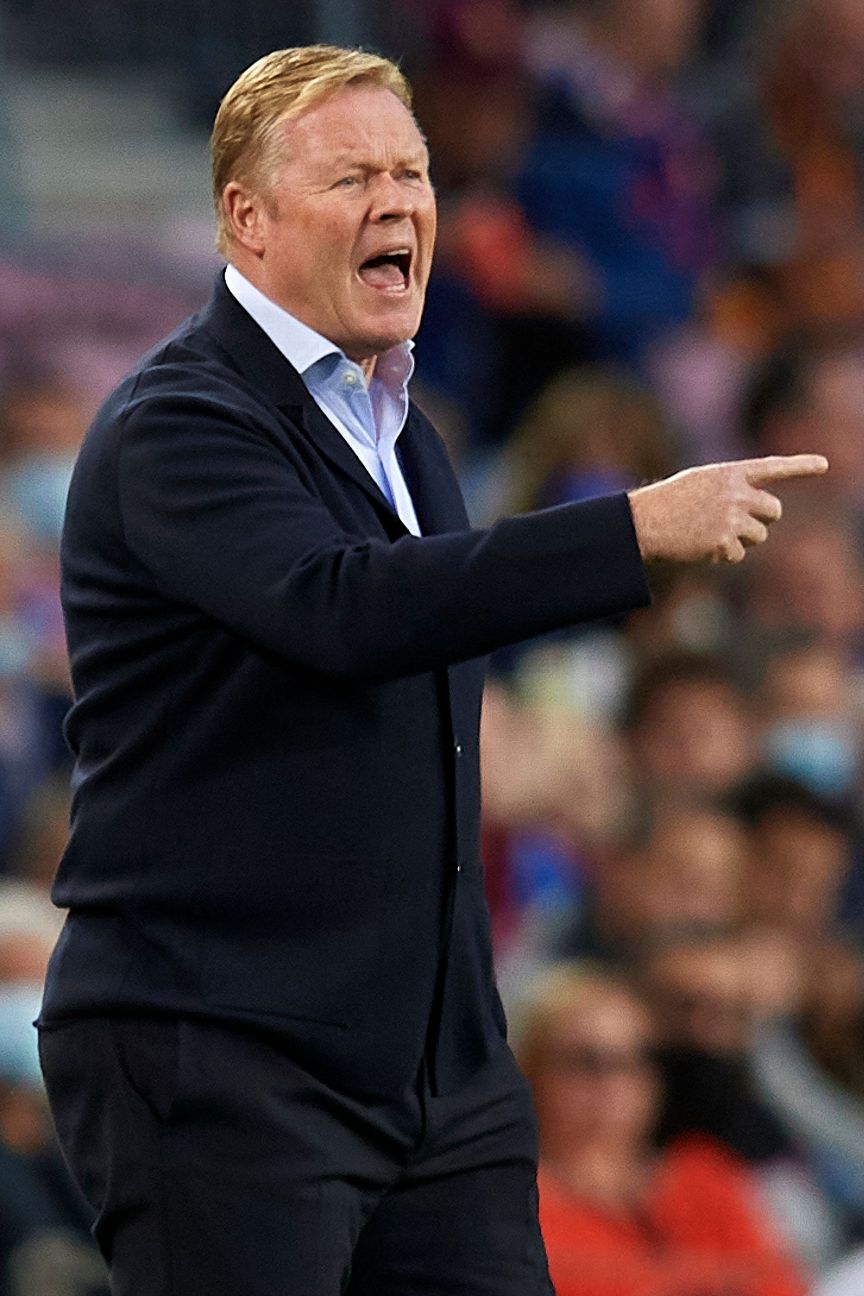
Koeman, 61, enjoyed a decorated playing career with Ajax, PSV Eindhoven and Barcelona, playing under Johan Cruyff and Guus Hiddink. The ballplaying defender — who scored more than 250 goals while playing in defence — cites Cruyff as his biggest tactical influence, often saying his playing style is marked by Dutch and Barça DNA, but says he takes his man-management from Hiddink.
After varying degrees of success as a manager in his homeland, Portugal, Spain and England, winning the Euros with Netherlands would top anything he has achieved previously as a coach. It is something he has already done as a player, too. He was part of the Dutch side which won Euro ’88 in Germany, when he was named in the Team of the Tournament.
There is a feeling his Netherlands side are growing into the tournament after a tricky group phase. Sticking to a 4-3-3 formation — although Koeman has never been devoted to one system — they eased past Romania in the round of 16 and will be favourites against Turkey. — Marsden
![]()
VINCENZO MONTELLA – TURKEY
Montella’s coaching career is about starting hot, falling and climbing back up. A prolific striker as a player — he finished with 141 top-flight goals playing for the likes of Roma, Sampdoria and Genoa — he made his name as a coach at Fiorentina, taking them to three straight top-four finishes and earning plaudits for his possession-oriented game. After that, however, things went on the slide and he had rough experiences at Sampdoria, AC Milan, Sevilla, and in a second stint at Fiorentina.
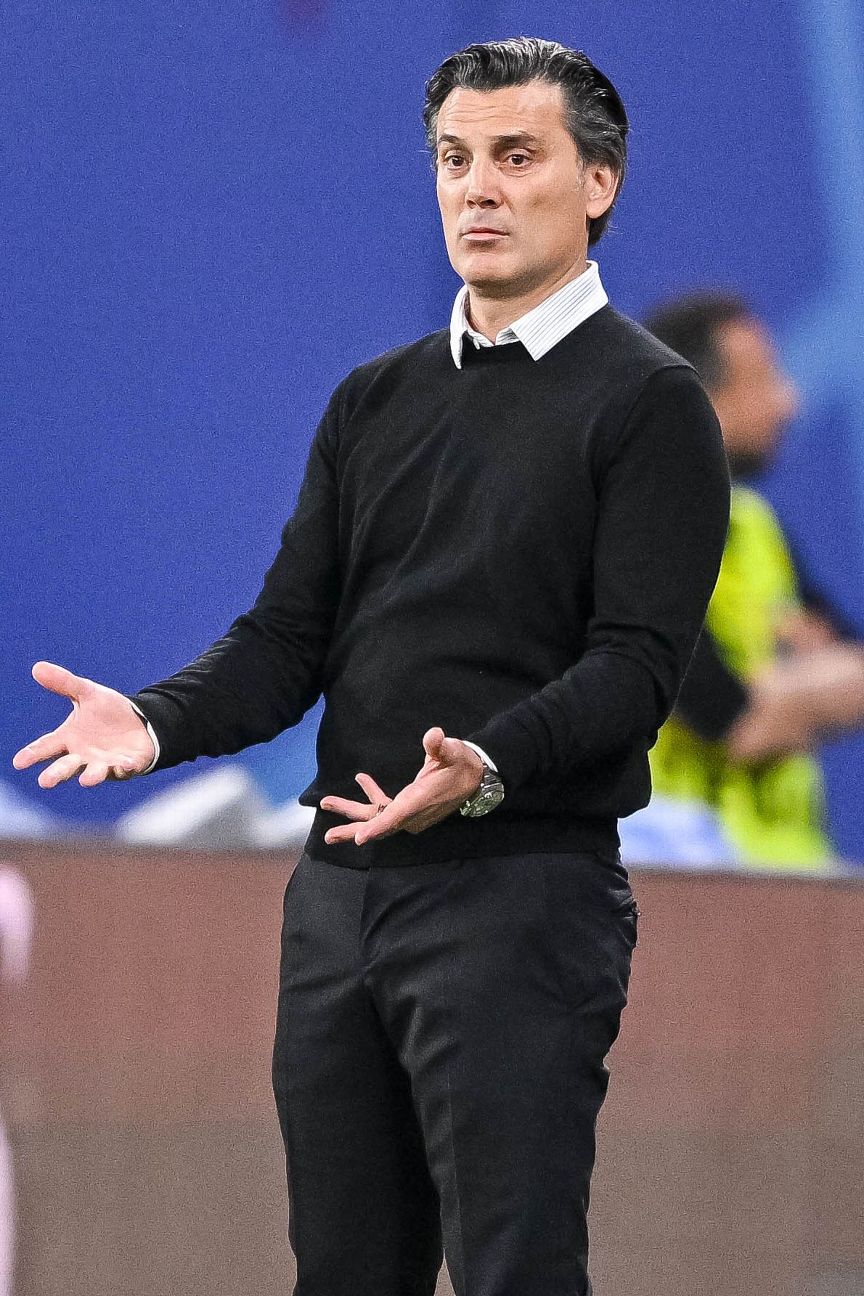
He reacted by taking 18 months off and reemerging in an unlikely place: Adana Demirspor, who were nearly promoted to the Turkish top flight. Two years later, he was offered the Turkey job, guiding them through qualifying with ease. He committed to promoting youngsters — with a view toward Euro 2028, with Turkey as co-hosts — and was true to his word, deploying teenagers such as Arda Güler and Kenan Yildiz against Austria.
The Euro 2024 version of Turkey is pragmatic, always keen to exploit the qualities of the aforementioned Güler and Yildiz, but also guys like Baris Yilmaz. Montella gives them licence to create and attack on the ball, asking for discipline when out of possession.
Above all, he has managed to instill intensity and self-belief in a talented but often-inconsistent group. Those qualities helped them past Austria, despite Turkey having to play without their defensive leader Samet Akaydin and captain Hakan Çalhanoglu, both of whom were suspended. — Marcotti


